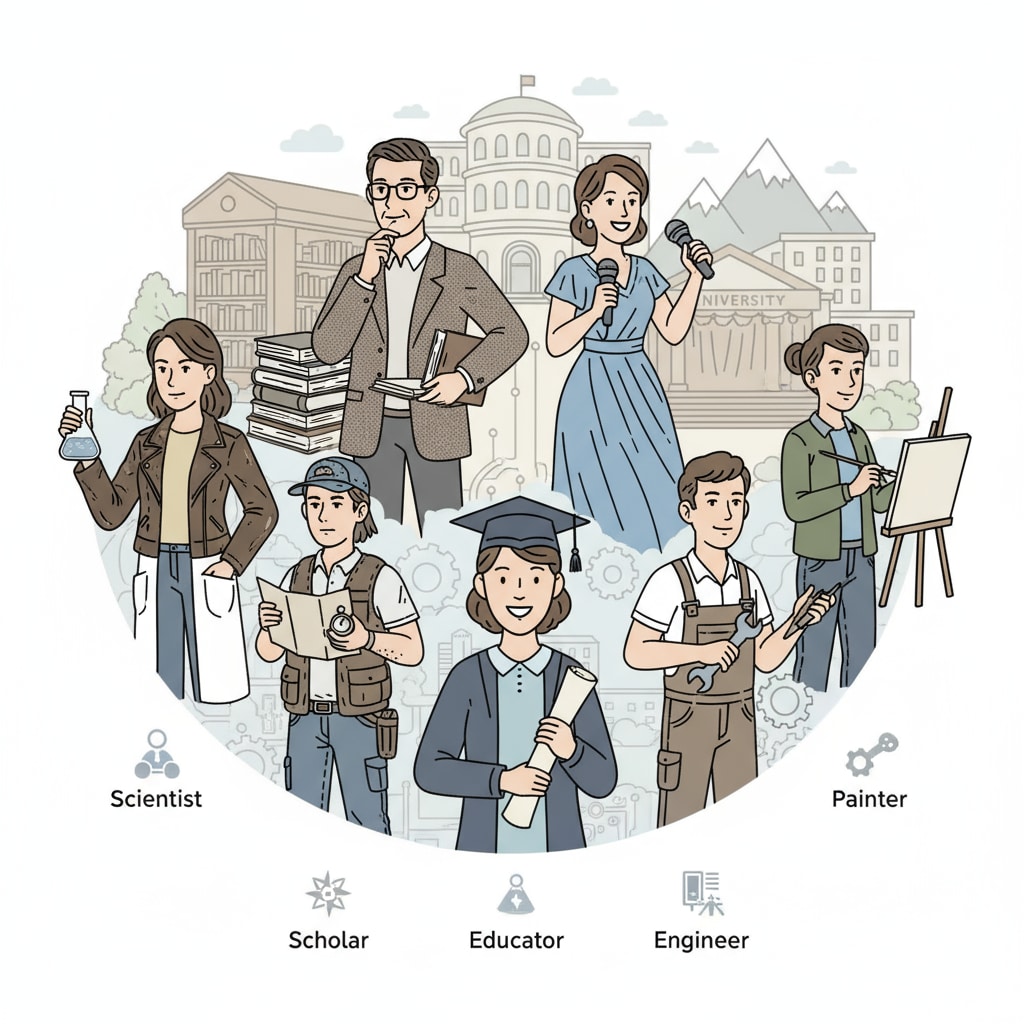In the realm of novel writing, achieving character authenticity in relation to educational background is a crucial aspect. When crafting characters with limited education, it’s essential to make their voices and actions ring true. Let’s explore how to bring such characters to life in our literary works.

Language Characteristics of Characters with Limited Education
One of the first aspects to consider is the language these characters use. Their vocabulary is often more restricted. For example, instead of using complex or technical terms, they rely on common, everyday words. According to Language and Society on Wikipedia, language reflects a person’s social and educational context. Characters with less education might also make more grammar mistakes. Simple verb tenses and basic sentence structures are their norm. They avoid convoluted sentence constructions, keeping their statements short and to the point.

Thought Patterns of Characters with Limited Education
The thought patterns of these characters play a significant role in their authenticity. They tend to think more concretely. Their ideas are centered around immediate experiences and practical matters. They might not engage in abstract or philosophical musings. As Cognitive Psychology on Britannica states, cognitive development is influenced by education. These characters’ decision-making processes are often based on what they’ve seen or experienced firsthand, rather than theoretical knowledge.
Moreover, their view of the world is more straightforward. They might have a less nuanced understanding of complex issues, seeing things in black and white rather than in shades of gray.
Readability guidance: By focusing on these distinct thought patterns, we can better shape the actions and reactions of our characters. This adds depth and authenticity to their portrayal. Each H2 here provides key elements to consider when creating characters with limited educational backgrounds, using lists and short paragraphs for clarity. Transition words like ‘moreover’ help connect ideas smoothly.
The Influence of Life Experiences on Characters’ Presentation
Life experiences are a vital factor in presenting characters with limited education. Their daily lives, jobs, and social circles all contribute to their persona. For instance, a character who has worked in manual labor all their life will have a different perspective and way of speaking compared to someone in a more intellectual profession. Their life hardships and simple pleasures will be reflected in their speech and actions. This connection between life experiences and character authenticity is what makes our fictional characters resonate with readers.
In conclusion, when engaging in novel writing, paying attention to the language characteristics, thought patterns, and life experiences of characters with limited education is essential for achieving character authenticity. By carefully crafting these aspects, we can create vivid and believable characters that enrich our literary works.


